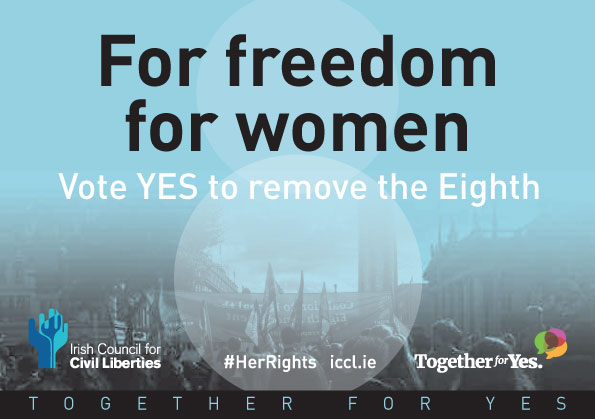The right to freedom from arbitrary detention is enshrined in European and international human rights law. Along with the right to freedom from torture, it is an absolute human right. In other words, there are no exceptions to the right to freedom from arbitrary detention.
The UN Working Group on Arbitrary Detention explains that “a State can never claim that illegal, unjust, or unpredictable deprivation of liberty is necessary for the protection of a vital interest or proportionate to that end”.
Nonetheless, Ireland has a long and chequered history of the arbitrary detention of people in unregulated settings and without lawful basis, including in Magdalene laundries, Mother and Baby Homes, County Homes and psychiatric institutions. Ian O’Donnell and Eoin O’Sullivan note that in 1951 more than 1 per cent of the population of Ireland was in “coercive confinement”. This system particularly impacted on pregnant single girls and women, and on girls and women who were otherwise considered to have fallen foul of the nation’s moral standards.
The recent case of Miss M, where a vulnerable child who requested an abortion under the Protection of Life During Pregnancy Act was detained under mental health law and subsequently released by court order, is a stark reminder of the potential for pregnancy to compromise the right to liberty of girls and women in twenty-first century Ireland.
A vote to remove the Eighth Amendment is a vote for women’s freedom.


